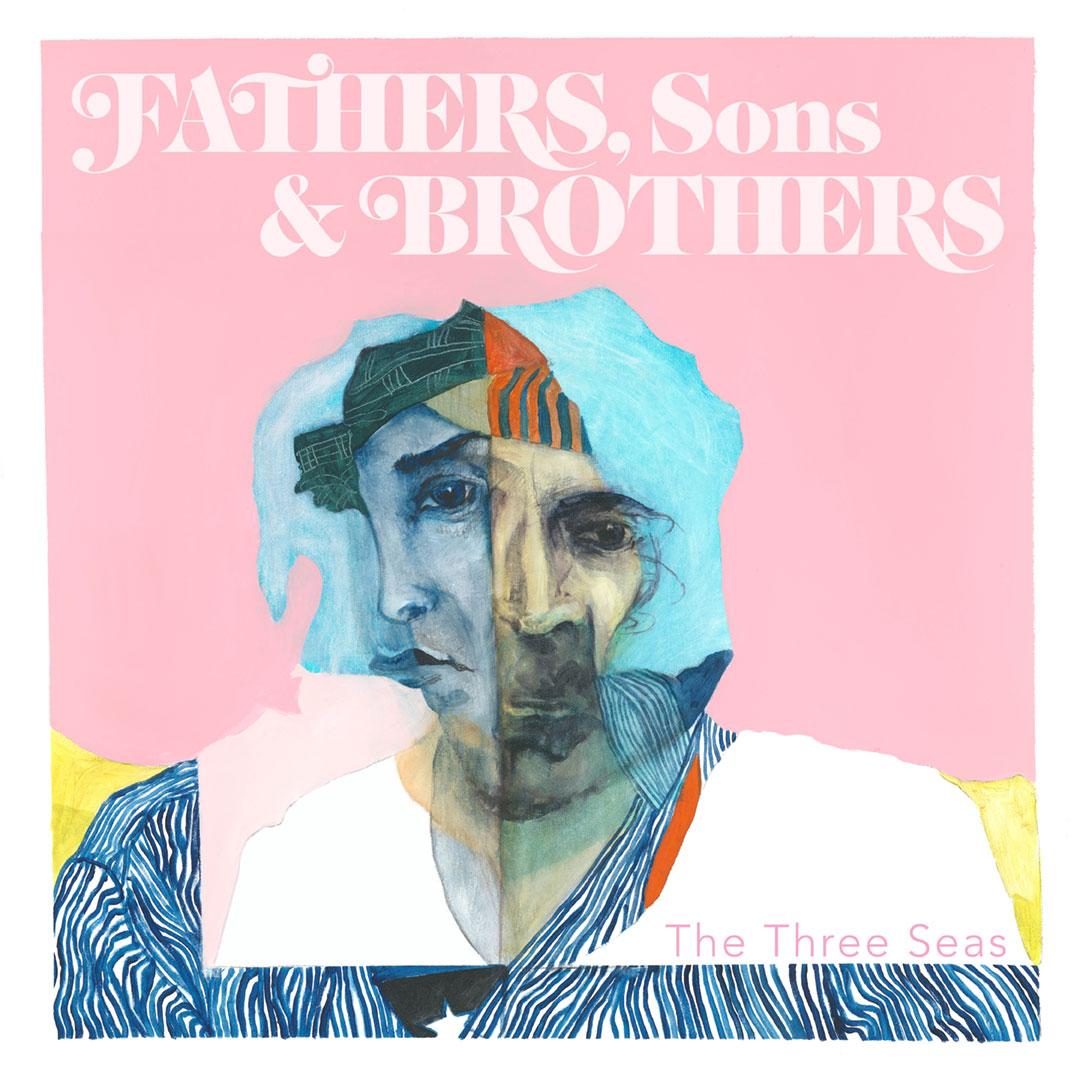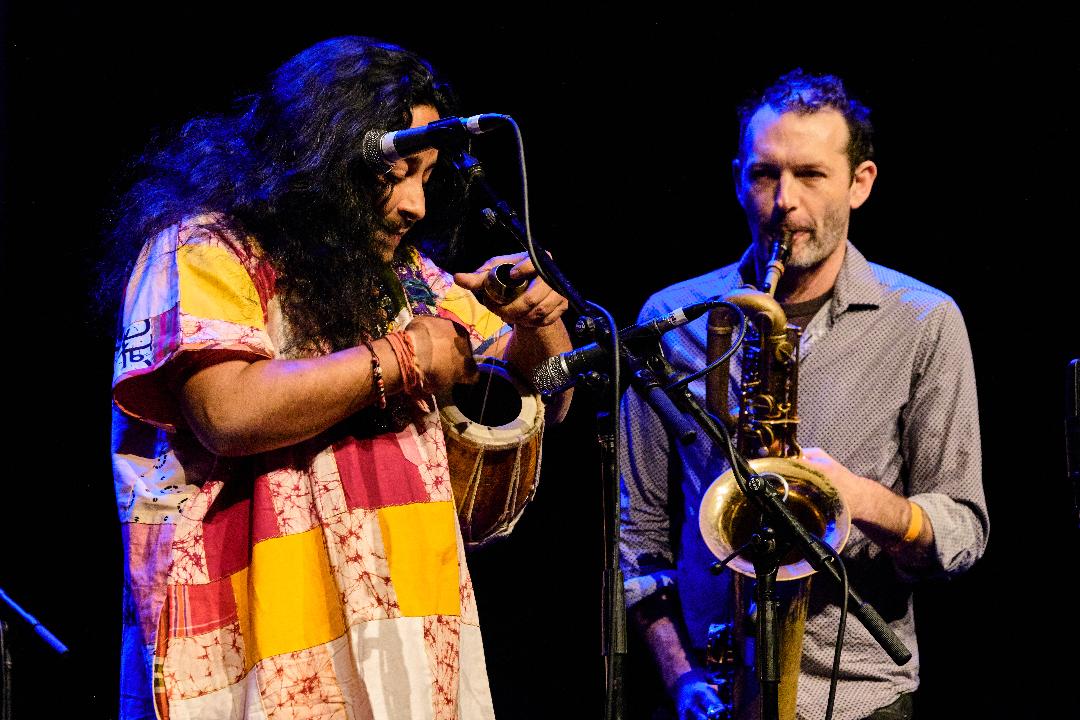“I had been thinking about the music for a year or so before we made the album. I researched all the different instruments we were going to use and considered the key centres and sounds, strengths and weaknesses and various combinations. I made demos of basic ideas I thought would inspire a collaborative process”
- Matt Keegan, The Three Seas

 Photo Courtesy: The Three Seas
Photo Courtesy: The Three Seas


%20Cameron%20Deyell%2C%20Deoashish%20Mothey%2C%20Matt%20Keegan%2C%20Tim%20Keegan%2C%20Raju%20Das%20Baul%2C%20Richard%20Belkner%2C%20Gaurab%20Chattopadhyay.jpg)


Leave a comment